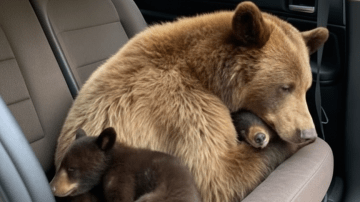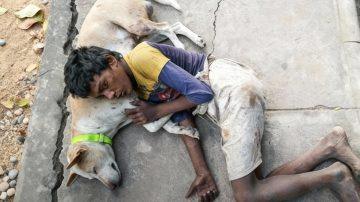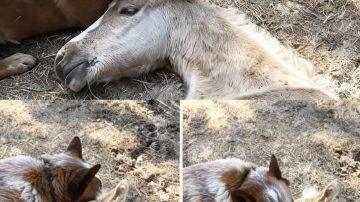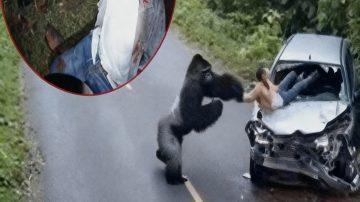The air hung heavy and still over the David Sheldrick Wildlife Trust that fateful evening, a familiar blanket of quiet settling over the sanctuary as the last rays of twilight bled from the Kenyan sky. Inside the elephant nursery, a different kind of calm was taking hold. Young trunks, once nervously twitching from the trauma of poaching or abandonment, now lay in peaceful repose, tucked beneath soft blankets by their devoted keepers. Each tiny elephant, a testament to resilience, was a story of a second chance, a fragile life meticulously pieced back together with unwavering care and boundless hope. The gentle rhythm of their breathing filled the space, a lullaby of survival and burgeoning dreams, echoing the deep, protective love that permeated every corner of this unique haven. This serene tableau was a daily ritual, a promise kept to these vulnerable giants, yet tonight, an unforeseen challenge was poised to test the very foundations of this sanctuary of love.

Suddenly, a distant rumble, not of thunder but something far more unsettling, vibrated through the earth. Head keeper Jomo, usually a picture of stoicism, sat bolt upright, his sleep-heavy eyes instantly alert. The young elephants, sensitive to the slightest shift in their environment, stirred restlessly, their soft snuffles turning into anxious murmurs. Jomo exchanged a quick, worried glance with his colleague, Ben, who was already reaching for his radio, the shared understanding of impending trouble hanging heavy in the cool night air. The peaceful slumber of moments before had shattered, replaced by an unspoken tension that gripped the entire nursery.

Minutes later, a breathless scout burst into the nursery, his face etched with alarm. “Rogue bull elephants,” he panted, “a large herd, heading straight for the sanctuary fence. They’re agitated, sir. Very agitated.” A cold dread settled in Jomo’s stomach. A wild herd, especially an agitated one, could wreak havoc on the delicate ecosystem of the sanctuary and, more terrifyingly, could inadvertently harm the vulnerable calves, who were still too young to understand the dangers of their wild counterparts. The irony was bitter: the very wilderness they hoped to return these orphans to now posed an immediate threat.







